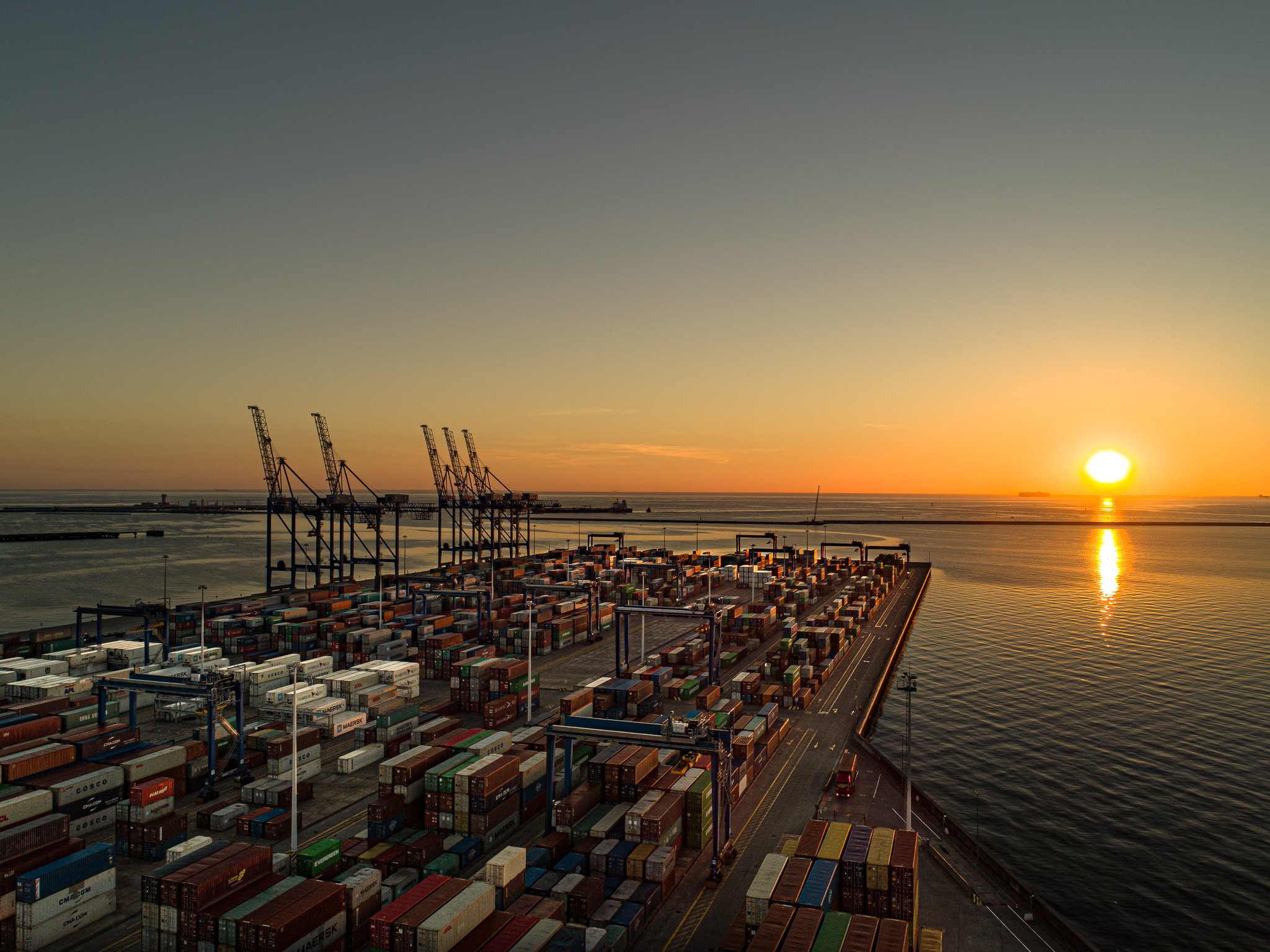Reflections from COVID-19

The challenges of the last two years have provided an opportunity to examine every aspect of our business. As we have adapted our operations to respond to pandemic impacts, we have also reflected on the value of our active stewardship approach in supporting our assets and investors; the resilience of our investment strategy; and the role we can play in helping to build back better.
The following excerpt from our 2021 Responsible Business Report provides our reflections from the COVID-19 period, all of which remain relevant and important to IFM as we progress through 2022 and beyond.
When change is the only constant, shift to new ways of working
From March 2020 until February 2022, many of IFM’s 600-plus employees across eight countries performed their roles working remotely from their homes. Through this challenging period, we supported our people by helping them set up their home offices and providing access to a range of programs and extra leave days to focus on their wellbeing. We also invested in our internal communications strategy and developed a wide range of events and channels to listen to and engage with our people in a virtual environment. We acknowledge that the future of work has changed. Balancing virtual work and office time has become the new normal for our business.
Look after the people who look after your businesses, customers and communities
The impacts from the pandemic placed significant pressure on many of our infrastructure assets – which provide essential services such as water, electricity and home heating. Our priority was ensuring these assets continued to operate safely and efficiently by focusing on the health and wellbeing of the 50,000-strong collective workforce and communities of our portfolio companies. From programs to support the emotional and physical health of employees and members of local communities to assistance packages to support tenants affected by reduced customer traffic due to travel restrictions, we acknowledge the significant efforts our assets have taken to support their workforce, customers and wider communities.
Trusted partnerships are built on responsiveness and understanding
Working closely with our investors and supporting the management teams at our portfolio companies is always a priority. By the end of 2020, we had delivered more than 280 extra daily reports across our asset classes to support clients’ liquidity management needs. As the pandemic wore on, our Diversified Credit team maintained close dialogue with borrowers to understand the severity of their operating conditions and work collaboratively on solutions. In Private Equity, the team worked with portfolio companies to monitor and manage COVID-19 risks across the portfolio, while maintaining a focus on managing ESG matters.
Across our asset classes, our client satisfaction score for the period was 8.2 out of 10, putting IFM in the top 5% of similar businesses. This acknowledgement of our efforts is especially pleasing considering the challenging operating conditions faced by our business and our clients globally.
Disciplined investment creates resilience to disruptions
While the pandemic still presents many challenges, this experience has again demonstrated that, despite periods of intense volatility, the responsible, active management of a diverse range of energy, utility, transport and social infrastructure assets is critical to operational and financial resilience.
The flow-on effects from COVID-19 impacted infrastructure sectors to varying degrees. Transport assets were particularly impacted through this period, with airports experiencing significant revenue reductions from travel and border restrictions and quarantine requirements. Across our toll road assets, heavy-vehicle traffic demonstrated resilience, and commuter traffic showed signs of recovery in areas where travel restrictions had eased. Ports also continued to show resilience and have now largely reached or exceeded pre- pandemic volumes. The benefits of a diversified portfolio were further demonstrated through other investments that have a track-record of countercyclical performance, such as certain midstream assets, which showed a measured recovery.
There is a clear role for private capital in building back better
Companies and governments are using the pandemic as an opportunity to re-think how economies operate and are focusing on rebuilding in a more sustainable way. Significant investment will be needed to transition the world’s businesses and infrastructure to be less resource-intensive, and we believe private capital will have a significant role to play. For example, two midstream assets in our Global ex-Australian Infrastructure portfolio – Buckeye Partners and VTTI – recently acquired renewable energy projects that augment their core businesses. Investing in renewable and alternative energy helps these businesses meet growing consumer demand for renewable energy while reinforcing their long-term resilience by evolving into more diversified energy companies.
New decarbonisation initiatives are creating investment opportunities for other asset classes too. Battery materials, for example, is now a growing area of focus for our small cap listed equities practice, and we continue to manage tailored and bespoke ESG equities portfolios, including low carbon solutions.
With these reflections top-of mind, we continue to focus on opportunities to generate long-term value for investors, particularly investments that can help transition the global economy to a more sustainable future. We recognise the broader role we can play in a sustainable economic recovery as we pursue our purpose, which is to protect and grow the long-term retirement savings of working people.
Related articles

Economic Update December 2025

Three reasons to invest in Infrastructure Debt today





